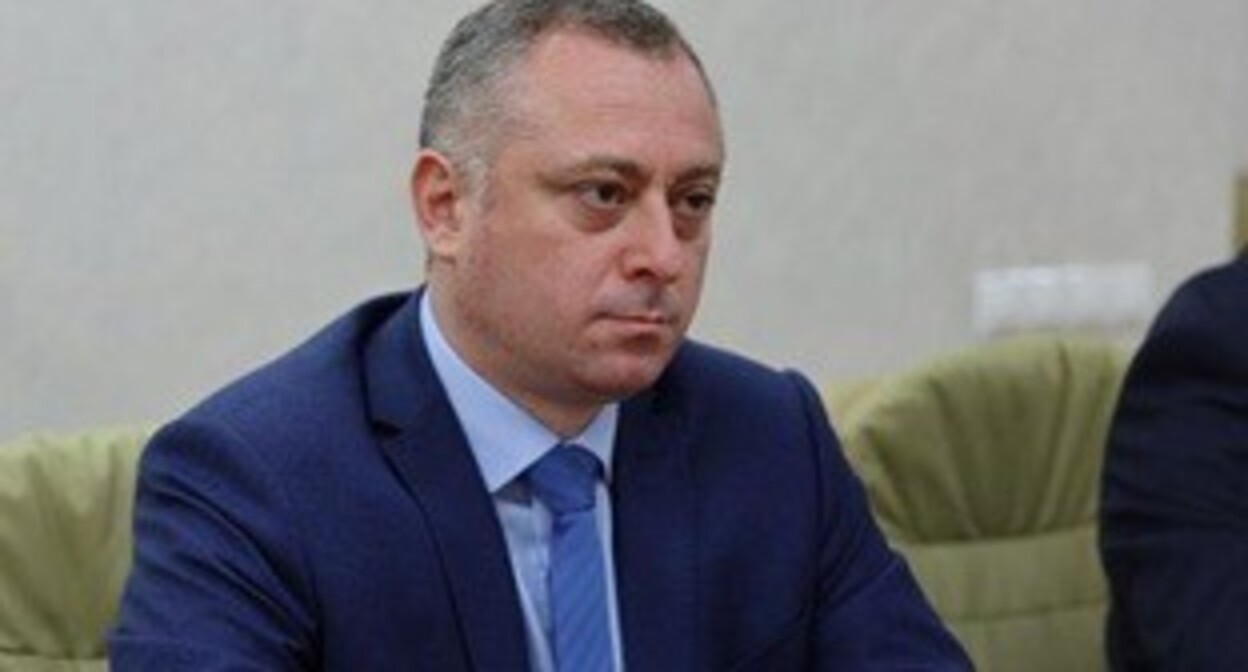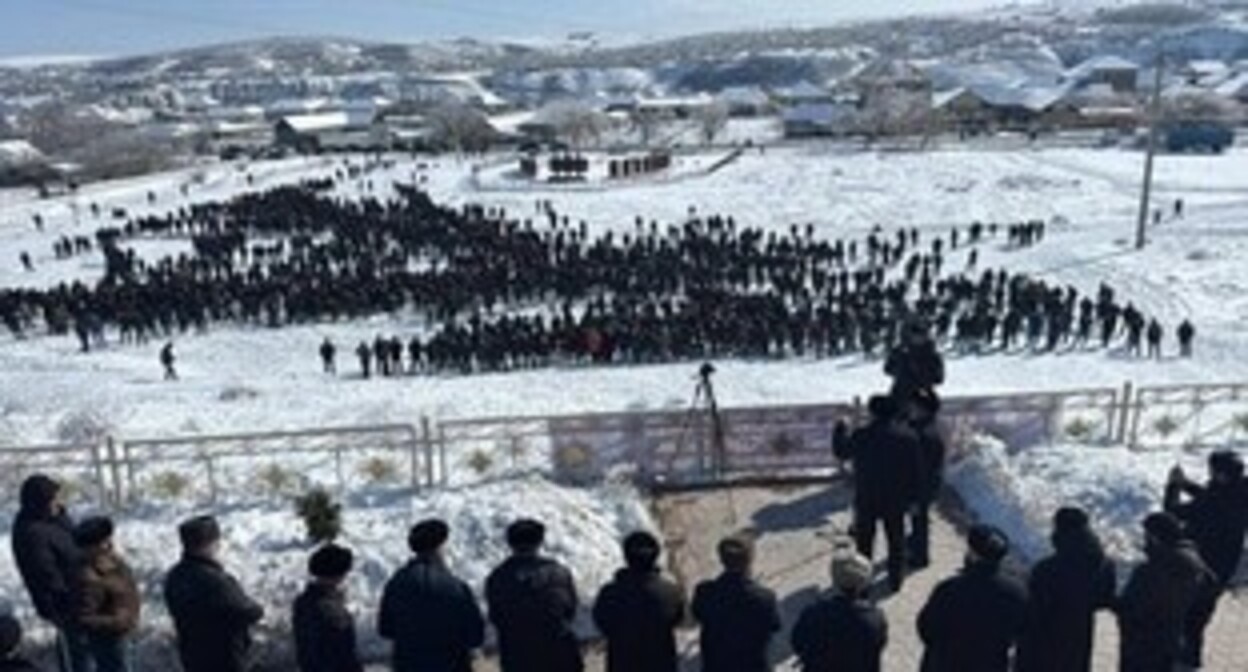Pinkhasov, Esef Itom (Asaf Yutamovich)
Pedagogue, scientist, translator, creator of the first alphabet for Tat language.
Born in 1884 in Derbent, in a family of a rabbi. Primarily, received good home education, then continued it with the famous in the Caucasus Eangil Itskhaki (Yakov Itskhakovich), the head rabbi of Dagestan. At the age of 15, the young man caused respect with his knowledge of Hebrew and traditional Jewish education, even though he could read and write in Russian as well. Soon, at his teacher's recommendation, Pinkhasov was invited to the family of Grozny millionaire of Mountain Jews M. Bogatyrev as a home teacher.
Later, Bogatyrev sent the apt young man to Jewish seminary in Vilno (now Vilnius). There, Pinkhasov associated himself with the enlightenment movement and was inspired with the dream of a teacher's mission and of enlightenment of his people. To facilitate this task, he decided to elaborate an alphabet for the "Tat Dialect" of his people basing on ancient Jewish script and publish the books for reading and education in the future.
After the graduation with honors from the seminary in 1908, the young rabbi scientist and pedagogue returned to Derbent having two books translated from Hebrew and ready for publishing whose texts were written using the alphabet he elaborated.
With his first publications, E.I. Pinkhasov not only laid the foundation of the Tat writing, but also conducted interesting linguistic work taking the Derbent dialect for the basis of the Tat literary language including some lexemes from Kubin and Kaytag dialects thus widening the extant ancient Hebrew layer of his language. Thereby Pinkhasov predetermined the further development of the Tat literary language.
Simultaneously with his translator's activities, Pinkhasov taught in the first Russian Jewish College in Dagestan, which was opened in Derbent in 1904. A year later, Pinkhasov left for Samarqand, where he opened a similar Russian Jewish school for the children and of the Caucasian Jews and taught there for almost two years. Upon his return to Derbent in early January 1911, he petitioned the Military Governor of Derbent for a permission to open a Russian Jewish printing house in this native city of his. Unfortunately, the printing house, so much anticipated by Pinkhasov, was not opened.
In the same year, 1911, Pinkhasov petitioned to be appointed the public (head) rabbi of the city of Derbent, but did not get enough votes because was too young for this position. The same year, he got married, continued pedagogic and public activities, and became the leader of the Mountain Jews of Derbent by the year 1917. Gradually, E.I. Pinkhasov became one of the most well-known Mountain Jews of the Caucasus of the early 20th century. In spring 1917, after the February Revolution and Czar Nicholas the Second's abdication, was elected the Chairman of the Jewish National Committee of Derbent. In the period of the Civil War, Pinkhasov, using her personal influence and authority, managed to save many people from attacks and killings by all kinds of looters intruding into the city.
In early 1920, the Jewish National Committee was shut down, and Pinkhasov himself was arrested by the Extraordinary Commission's bodies allegedly for cooperation with the counter-revolutionaries. In March 1920, E.I. Pinkhasov was shot, thus opening the mournful list of the Tat culture activists, erased from the history of the people in 1920s-1930s.







![Tumso Abdurakhmanov. Screenshot from video posted by Abu-Saddam Shishani [LIVE] http://www.youtube.com/watch?v=mIR3s7AB0Uw Tumso Abdurakhmanov. Screenshot from video posted by Abu-Saddam Shishani [LIVE] http://www.youtube.com/watch?v=mIR3s7AB0Uw](/system/uploads/article_image/image/0001/18460/main_image_Tumso.jpg)